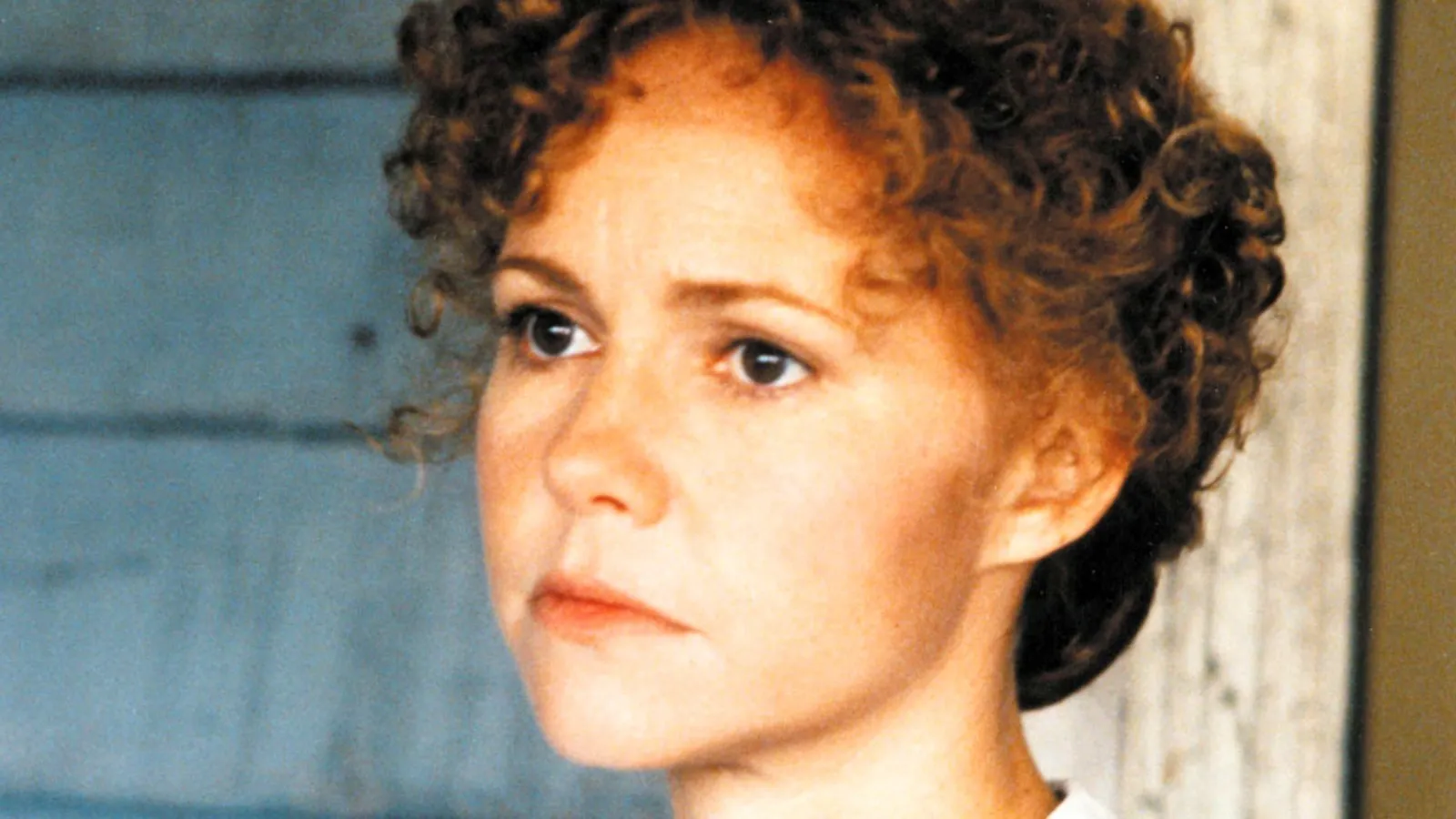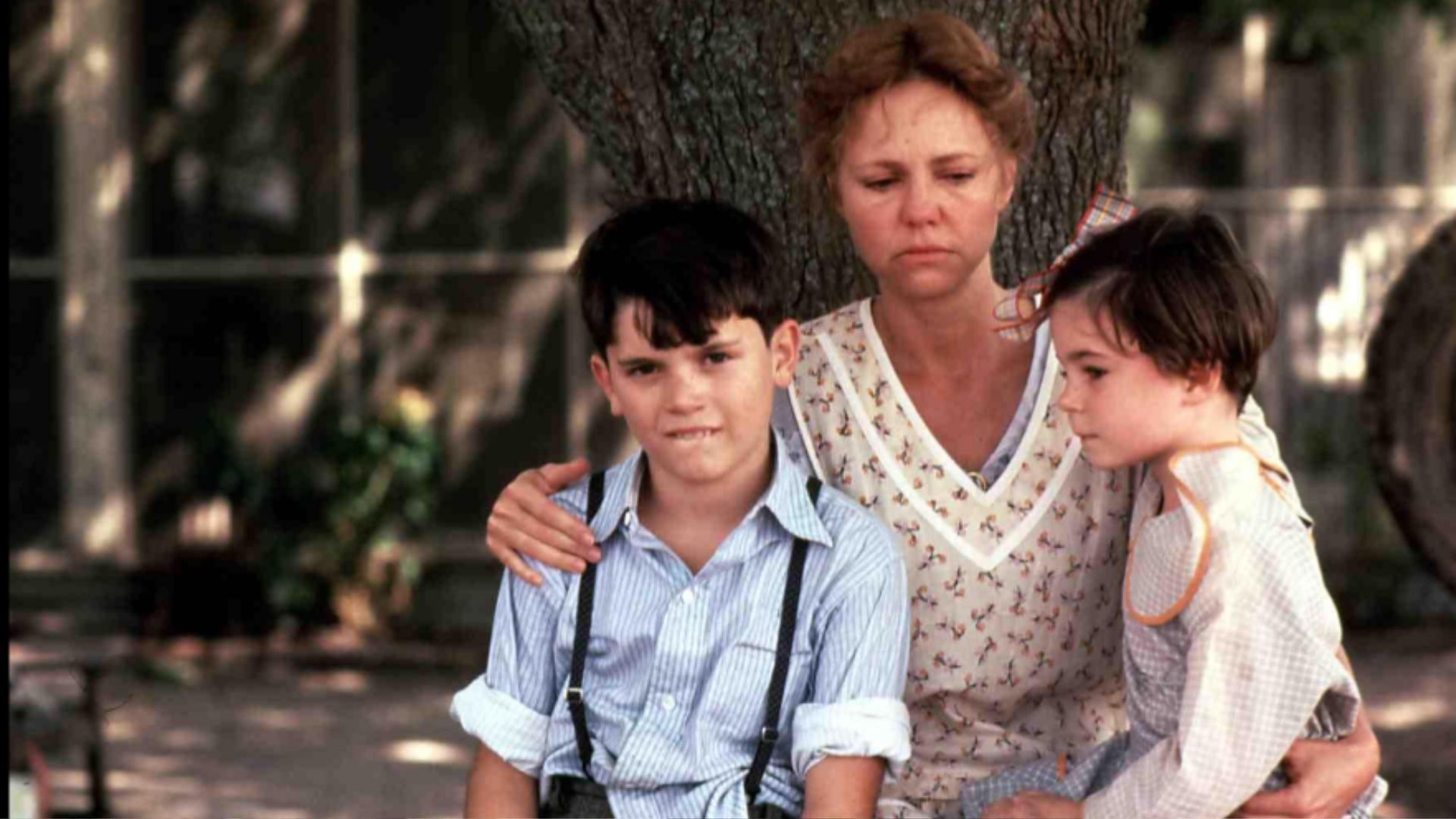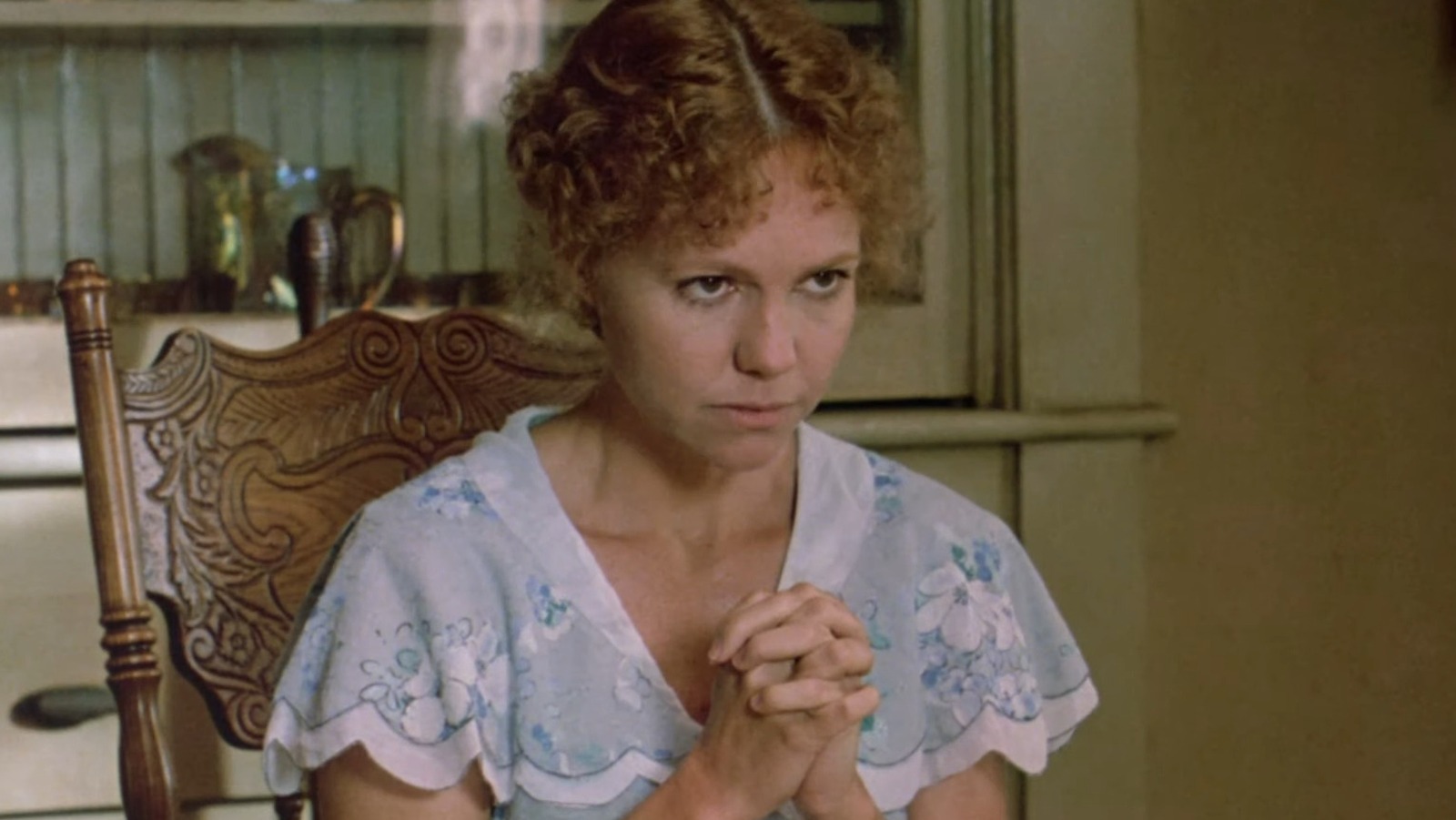In the 1980s, the U.S. film industry was known for producing a variety of popular genres, including horror, comedy, and action-adventure films. However, that period also marked a significant moment for prestige family dramas in American cinema.
These dramas, often featuring famous actors, emphasized the everyday lives of ordinary people. Along with historical epics and socially relevant films, these movies formed the backbone of what was considered “respectable” cinema—films that often had the potential to earn Oscar nominations.

These films filled the space for mid-budget adult-oriented entertainment, a category that rose alongside the modern blockbuster. Although many of these acclaimed family dramas are no longer widely remembered, they once resonated deeply with the cinematic tastes of their time, even more so than horror or comedy films.
However, they left legacies behind, with 1984’s Places in the Heart being a prime example. While the story of community and resilience set during the Great Depression might not be a hot topic today, two key aspects of the film remain unforgettable.
First, it helped catapult Sally Field into Oscar history with her famous “You like me!” speech after winning Best Actress. Second, the film’s ending remains one of the most talked-about and memorable in 1980s cinema, still having a strong emotional impact.
Places in the Heart’s ending embodied the liberal values of its era
Before we address the unforgettable final scene, let’s look at how the story builds up to it. Like many family dramas from that era, Places in the Heart focuses more on its characters than the main plot. Throughout most of the film, Edna Spalding (Sally Field, delivering one of her finest performances) struggles to save her farm.
However, her journey takes a backseat to her relationships with others, including her sister Margaret (Lindsay Crouse), her Black right-hand man Moze (Danny Glover), and a blind boarder named Mr. Will (John Malkovich, in a role that many may have forgotten).
As the film nears its climax, Edna and Moze join forces and hire 10 more workers in a final effort to win a local $100 prize for picking the year’s first bale of cotton. This last-ditch effort succeeds in a crowd-pleasing fashion, with Edna and Moze exhausted and bruised yet triumphant.
However, things take a darker turn when a group of Ku Klux Klansmen ambushes Moze at the farm, beating him severely before Mr. Will arrives and drives them off. This resolution embodies the liberal ideals prevalent in many of Hollywood’s respected films of that time.
It portrays the belief that hard work can save those in need, and although racism is condemned, it does so in a way that resonates more emotionally with a white audience.
Moze’s actions earn him sympathy as he proves his loyalty and usefulness to Edna, making his beating tragic within the context of the character-driven drama. The film, through these traditional American values, becomes both a poignant social commentary and a crowd-pleasing movie.
The final scene reveals that the movie has more on its mind
You might expect Places in the Heart to be remembered as just another film of that era, inoffensive and simple. However, as already highlighted, the film’s lasting legacy largely stems from its powerful and unexpected conclusion.
After Moze leaves the farm to escape his attackers, the film transitions into an epilogue set in a local church. This setting is common for a Southern drama, but what follows is quite different.

As the choir sings “In the Garden,” communion is passed around, and all the characters previously shown—whether alive or dead—appear to share the wine and bless one another.
The scene closes with Edna’s late husband, Royce (Ray Baker), and Wylie (De’voreaux White), the Black boy who accidentally killed him and was later lynched, offering each other the phrase “Peace of God.”
This final scene stands out not only for its surprising shift into supernatural and symbolic territory but also for conveying a deeper message than the rest of the film suggests.
The movie moves away from the theme of liberal meritocracy and idealized social harmony and delves into a Christian allegory that emphasizes divine forgiveness. Regardless of their past actions or hardships, people are shown to be forgiven, embraced with peace, and surrounded by love.
Through this poignant scene, the film acknowledges the harsh realities of poverty and racism, offering a narrative that connects these issues to the role of faith in the South. It sends the message, rooted in Biblical teachings, that there is hope and redemption for everyone.



